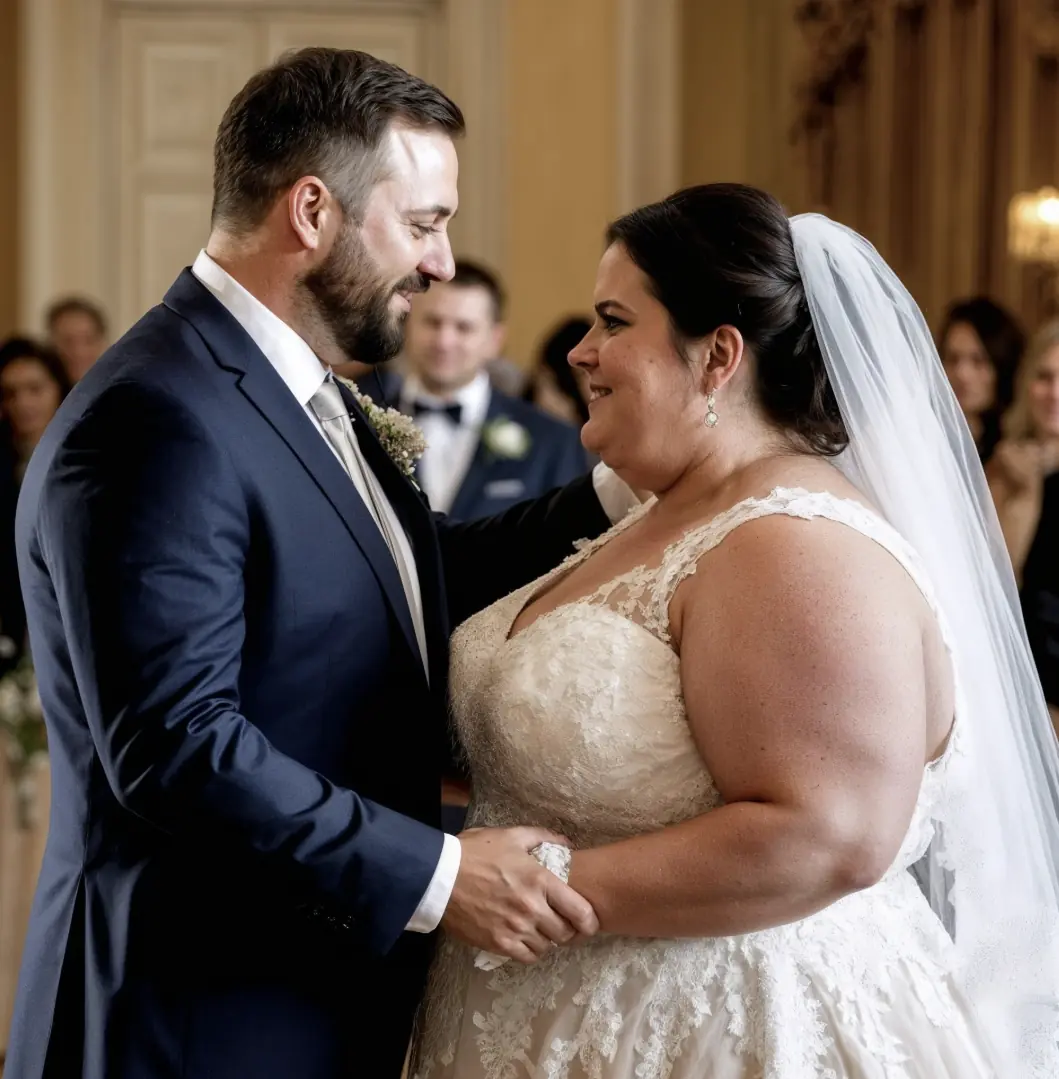
A surprising second chance: how love and family brought us back together

The divorce papers had been signed three years prior, a stack of crisp, unforgiving documents that formalized the end of my twenty-year marriage to Elias. The separation hadn't been explosive or dramatic; it had been a slow, agonizing drift, a gradual realization that we had become brilliant co-parents and dedicated housemates, but terrible partners. The passion had faded, replaced by mutual respect and a crippling distance. We were two ships passing in the night, each silently mourning the loss of the vibrant connection we once shared. The true casualties, though, were our two daughters, thirteen-year-old Maya and ten-year-old Chloe. They navigated the new landscape of two homes and split holidays with a quiet resilience that broke my heart daily. Elias and I maintained a rigorously polite, almost painfully professional relationship for their sake, communicating solely through shared calendars and brief, functional text messages about school schedules and soccer practice.
My life reorganized itself around the gaping void Elias had left. I focused intensely on my career, embraced solo travel, and even attempted a couple of disastrous, short-lived dating experiences that only served to highlight how fundamentally different I was from everyone else I met. I wasn't looking for Elias, but I kept looking for his particular brand of quiet intelligence and the comfortable silence we once shared. Meanwhile, Elias seemed to be thriving, at least outwardly. He moved into a minimalist loft downtown, took up cycling, and looked fitter and happier than he had in years. The visual evidence of his successful separation was a constant, dull ache, a reminder that maybe I was the anchor that had been holding us both back.
The turning point was, ironically, mundane: a broken water heater. It happened at my house, late on a Friday night, just as a cold snap hit. My attempts to fix it were hilariously futile, resulting only in a cold, wet basement and a rising sense of panic. I texted Elias—not for help, but for the number of his plumber. His reply came instantly, not with a contact number, but with a simple, three-word message: "I’m on my way." Thirty minutes later, Elias, clad in his cycling gear, walked into my house carrying a toolbox and that familiar, focused look he adopted when faced with a mechanical challenge. He didn't ask questions; he simply took charge.
Watching him work was a strange form of emotional time travel. The way he meticulously laid out his tools, the focused furrow of his brow, the easy competence with which he diagnosed the problem—it was all so familiar, so intrinsically Elias. The cold basement suddenly felt warmer, not just because he eventually managed to stop the leak, but because his presence filled the space with a competence and stability I hadn't realized I desperately missed. We worked side-by-side for two hours, passing wrenches and holding flashlights, communicating in the easy shorthand of years. When the repair was complete, the silence that fell between us was different this time—it wasn't the distant silence of divorce, but the comfortable, resonant silence of two people who understood each other’s rhythms perfectly.
He stayed for a cup of tea, and for the first time in years, the conversation drifted away from the girls’ schedules. We talked about his cycling routes, my latest work project, and how weird it was to see the old house with new curtains. The conversation was light, yet meaningful, a gentle probe into the lives we had independently constructed. It was the girls, however, who pushed the narrative forward. They had been watching the interaction with wide, hopeful eyes. A few weeks later, Chloe, armed with the innocent, direct logic of a ten-year-old, dropped her own bombshell. "Mom, Dad," she announced during a Sunday dinner at my house, "it's too hard having two Christmases. Can you just get back together?"
The request was startlingly blunt, forcing Elias and me to confront the uncomfortable reality of our renewed proximity. We looked at each other, and in his eyes, I saw not shock, but a glimmer of the same yearning that resided in my own heart. That evening, after the girls were asleep, we sat on the porch swing—a swing we hadn't used since before the divorce. We talked for hours, revisiting the reasons we separated. We acknowledged that we had stopped trying to be partners, letting routine consume us. We had forgotten how to date each other, how to be playful, how to articulate our needs. We realized that the fundamental love and respect hadn't died; it had merely been buried under the accumulated dust of routine and complacency.
The decision to try again wasn't swift or easy. It was a terrifying leap of faith, made even more complicated by the knowledge that we had failed once before. We agreed to start dating again—properly. No moving back in, no shared bank accounts, just intentional dates, communication workshops, and therapy, both individual and couples. We were meticulous, applying the same rigor to rebuilding our emotional bond that Elias had applied to fixing the water heater. We learned to prioritize intimacy over efficiency, vulnerability over politeness. We discovered that the space we had created during the separation—the individual growth, the self-reflection, the newfound clarity about our own needs—had paradoxically made us better partners for each other.
The second chance was a gift, earned through pain and humility. We fell back in love, not with the comfortable, predictable people we had been, but with the evolving, more honest versions of ourselves that the divorce had forced us to become. The relationship was richer, deeper, infused with a newfound gratitude and an acute awareness of what we had almost permanently lost. Our daughters, Maya and Chloe, didn't get their two Christmases back; they got one, filled not just with presents, but with the palpable, gentle warmth of two parents who had fought their way back to each other. The surprising second chance wasn't a return to the past; it was a hopeful, intentional step into a future built not on assumption, but on a fully realized, and much stronger, love.
News in the same category

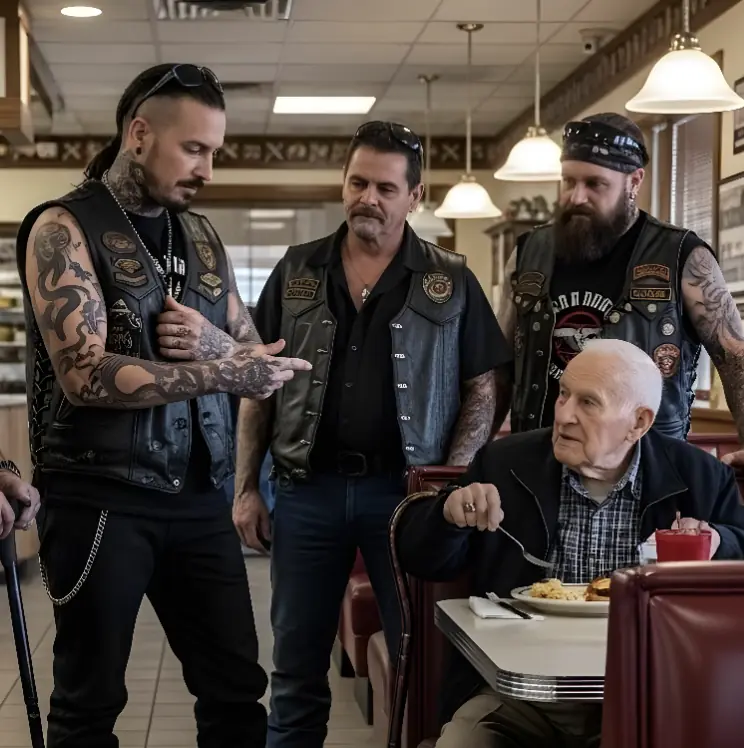
Five Tough Bikers Mock a 90-Year-Old Veteran — Moments Later, the Ground Shook from the Motorcycles

I took care of my sick neighbor for years, but after her passing, the police knocked on my door

Marina set up a hidden camera in the bedroom while on business trip—what she discovered was unbelievable
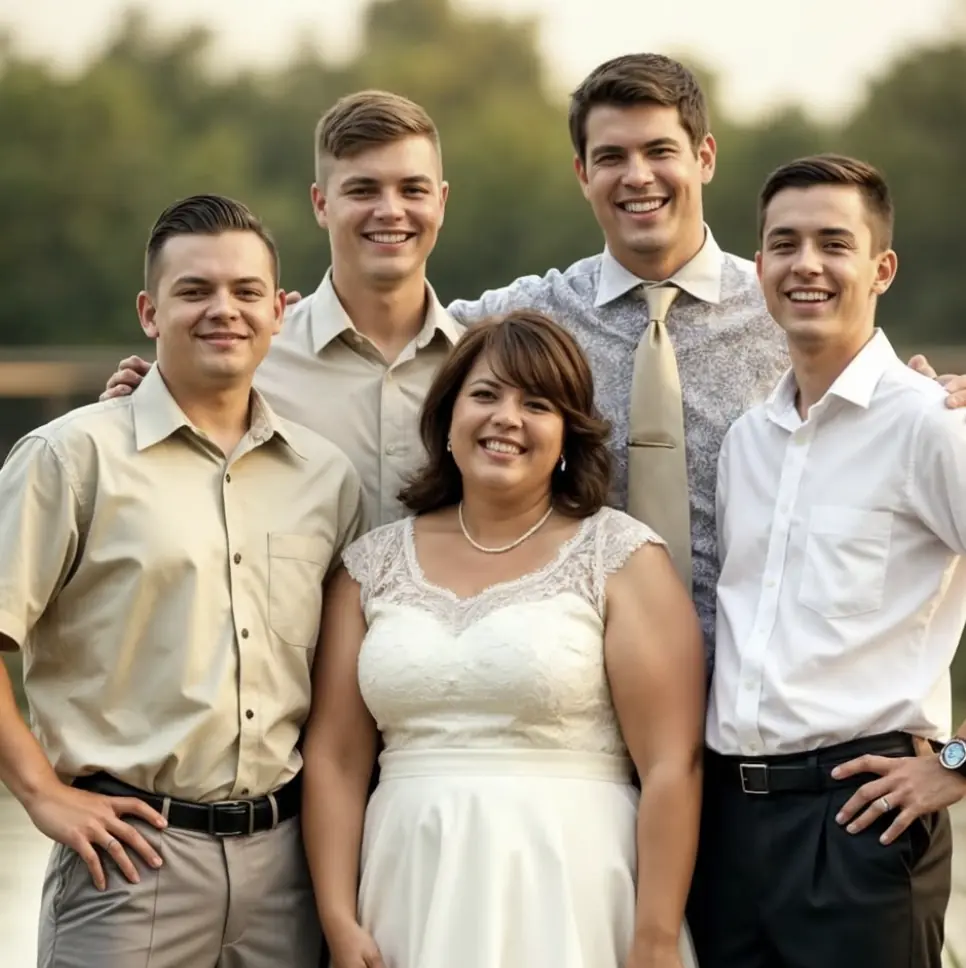
My four children opposed my marriage—when I found out why, my heart shattered
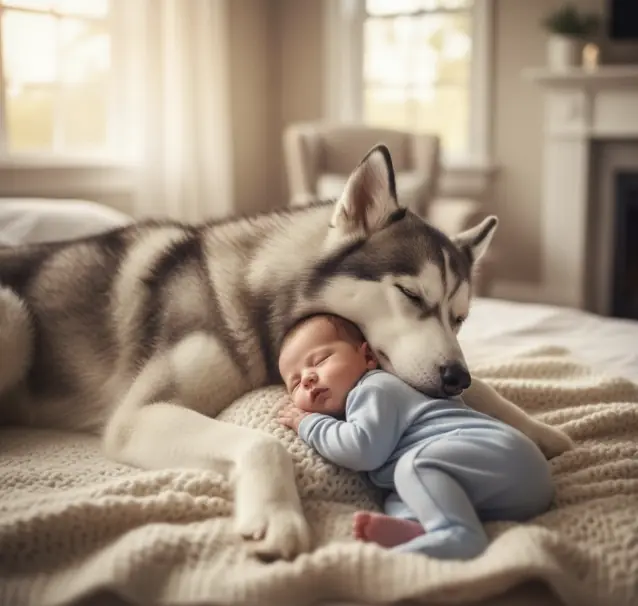
Husky melts hearts hugging baby sister while they sleep
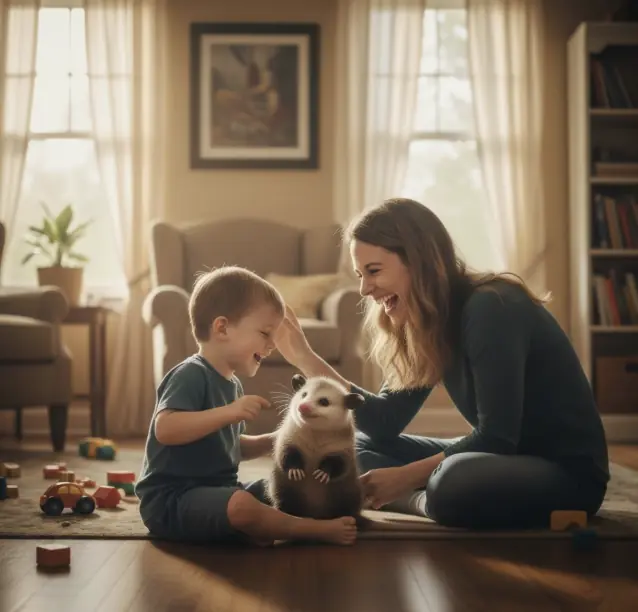
Mom Stifles Laughter As Little Boy Shows Off “Very Cute Animal” He Found
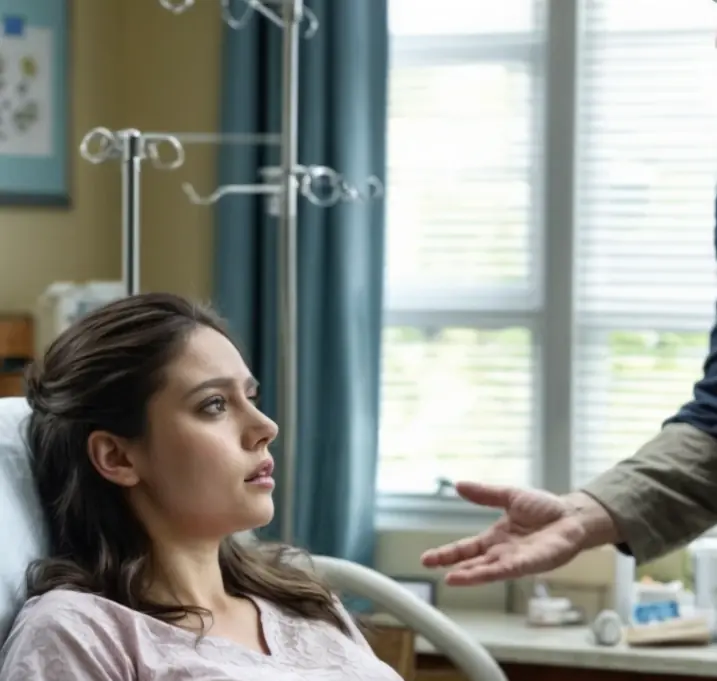
“Where’s the money? Where did you hide it?” Lev screamed. “The operation won’t help you anymore. You won’t get better! But mom needs to go on vacation.”

My mother is threatening to take our apartment away if we don’t let her come to the dacha,” my husband confessed to me, and I got seriously angry
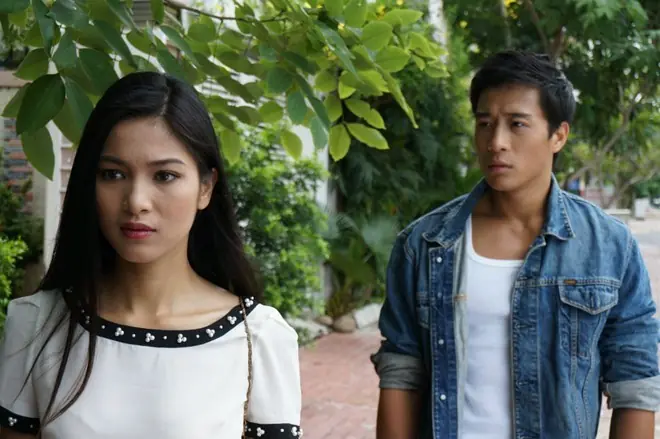
I Married My College Sweetheart—Then Found Out He Was Still In Love With My Sister
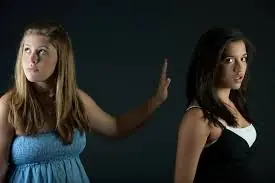
My Best Friend Became My Boss—and Suddenly I Was Fired Over Her Revenge
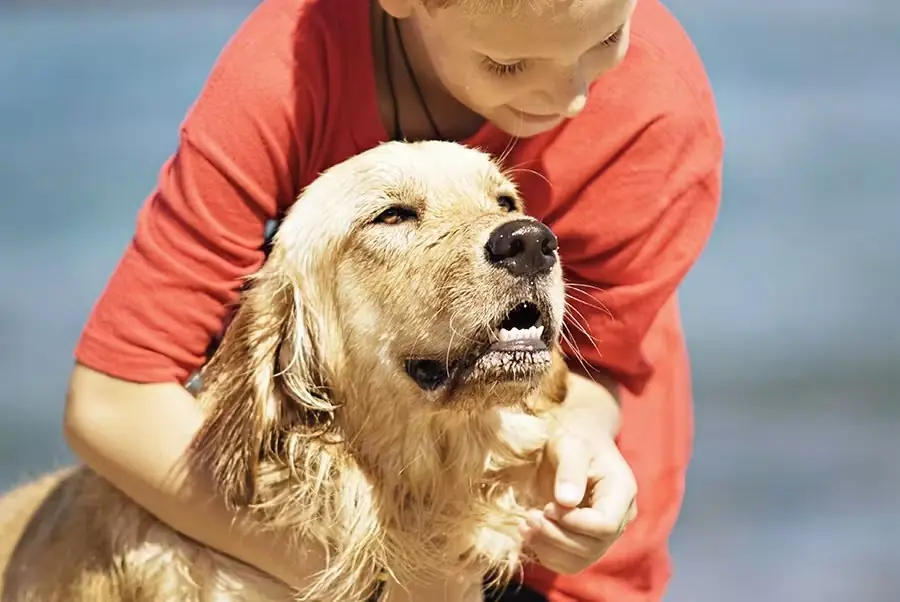
George, the Brave Little Terrier Who Saved Five Children
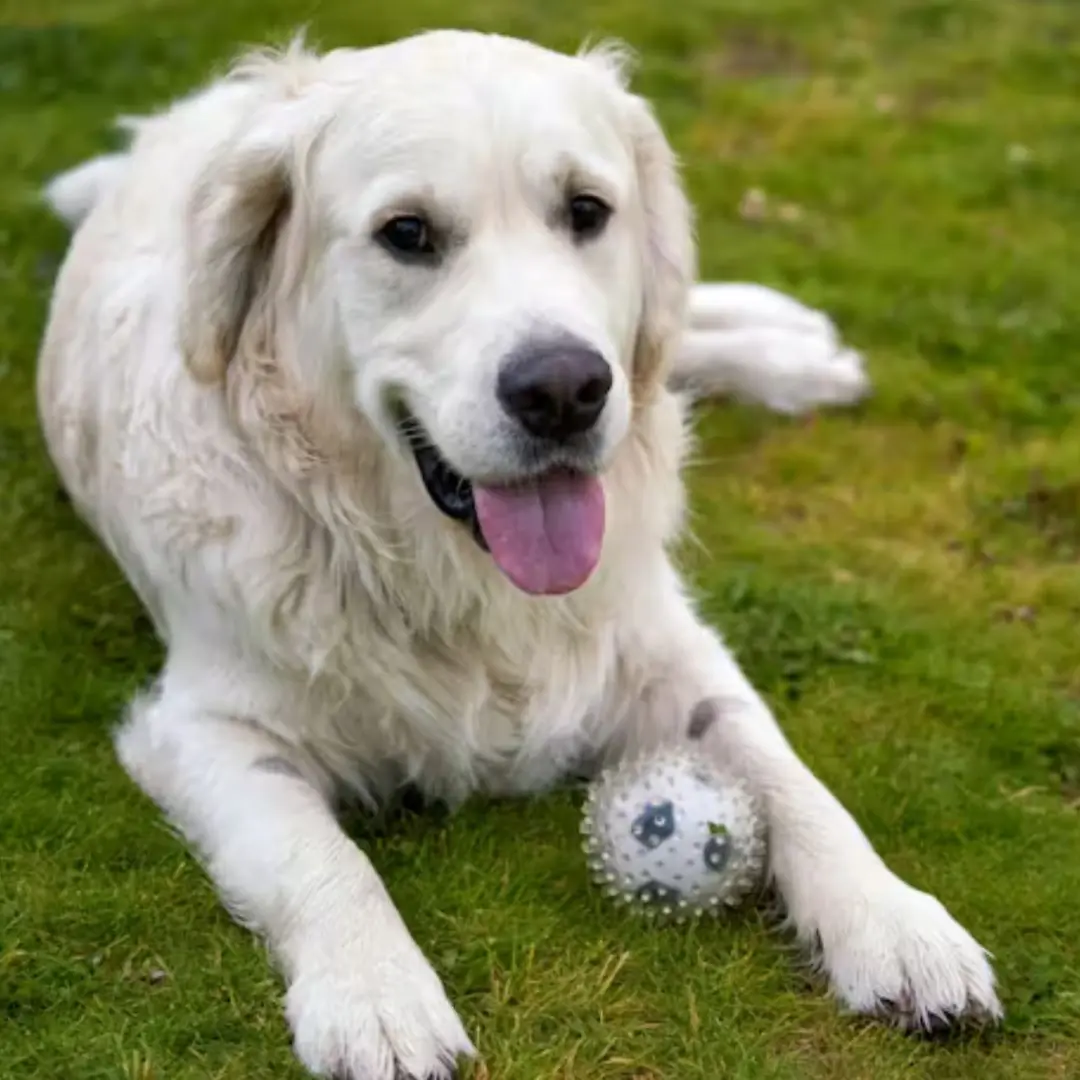
The Lantern Dog of Maple Street
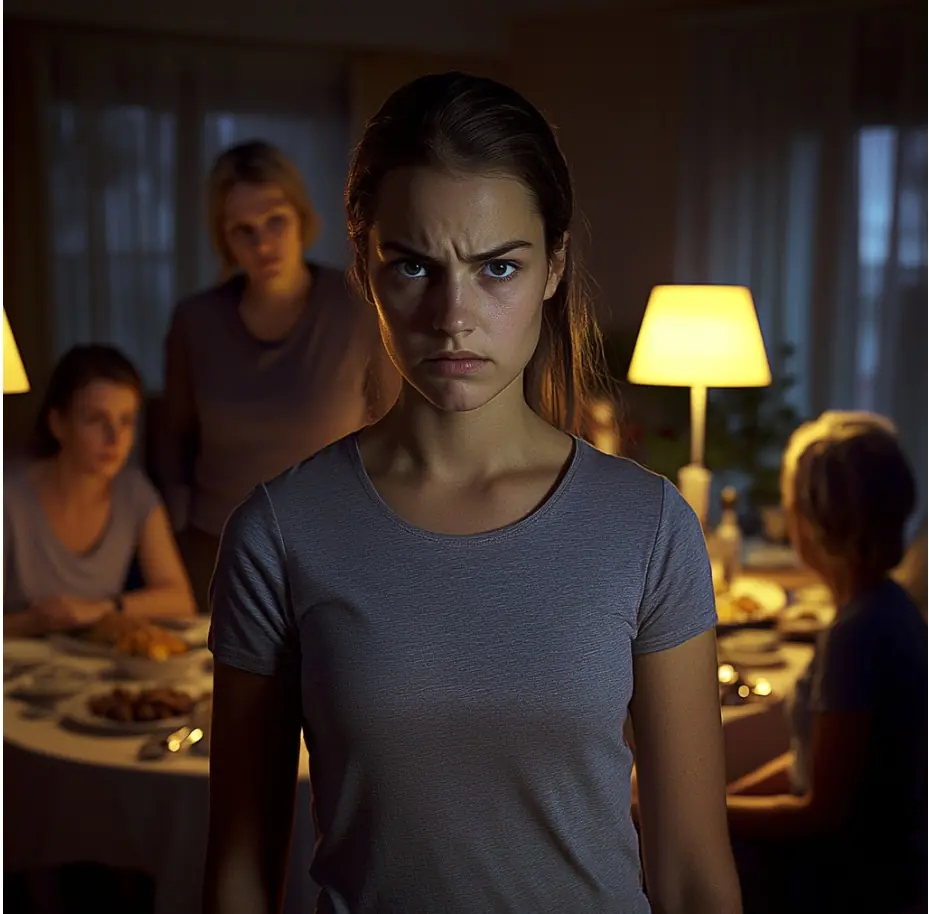
Refusing to Serve: A Bride’s Stand Against Endless Family Chores
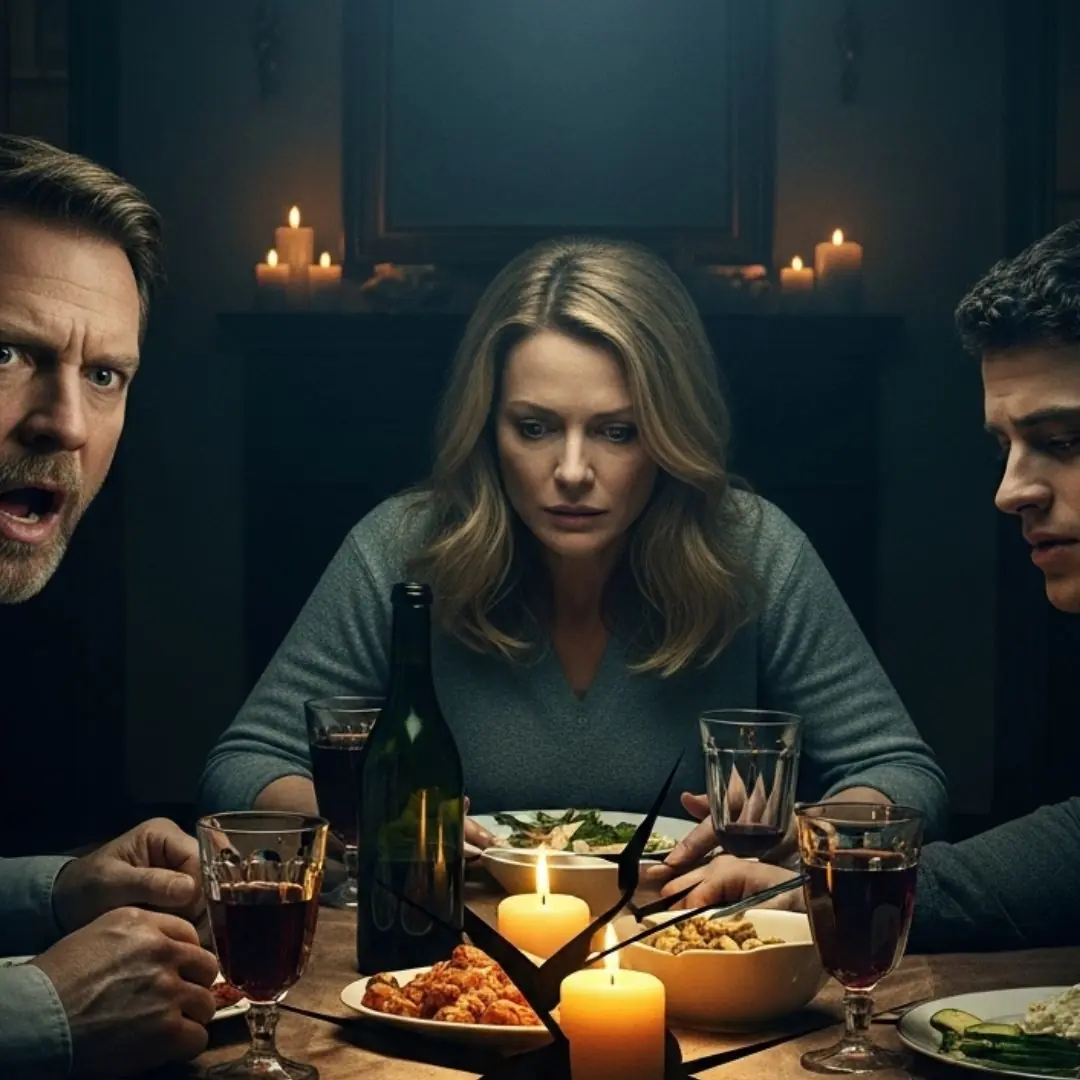
A Family’s Hidden Financial Divide: When Favoritism Leads to Collapse
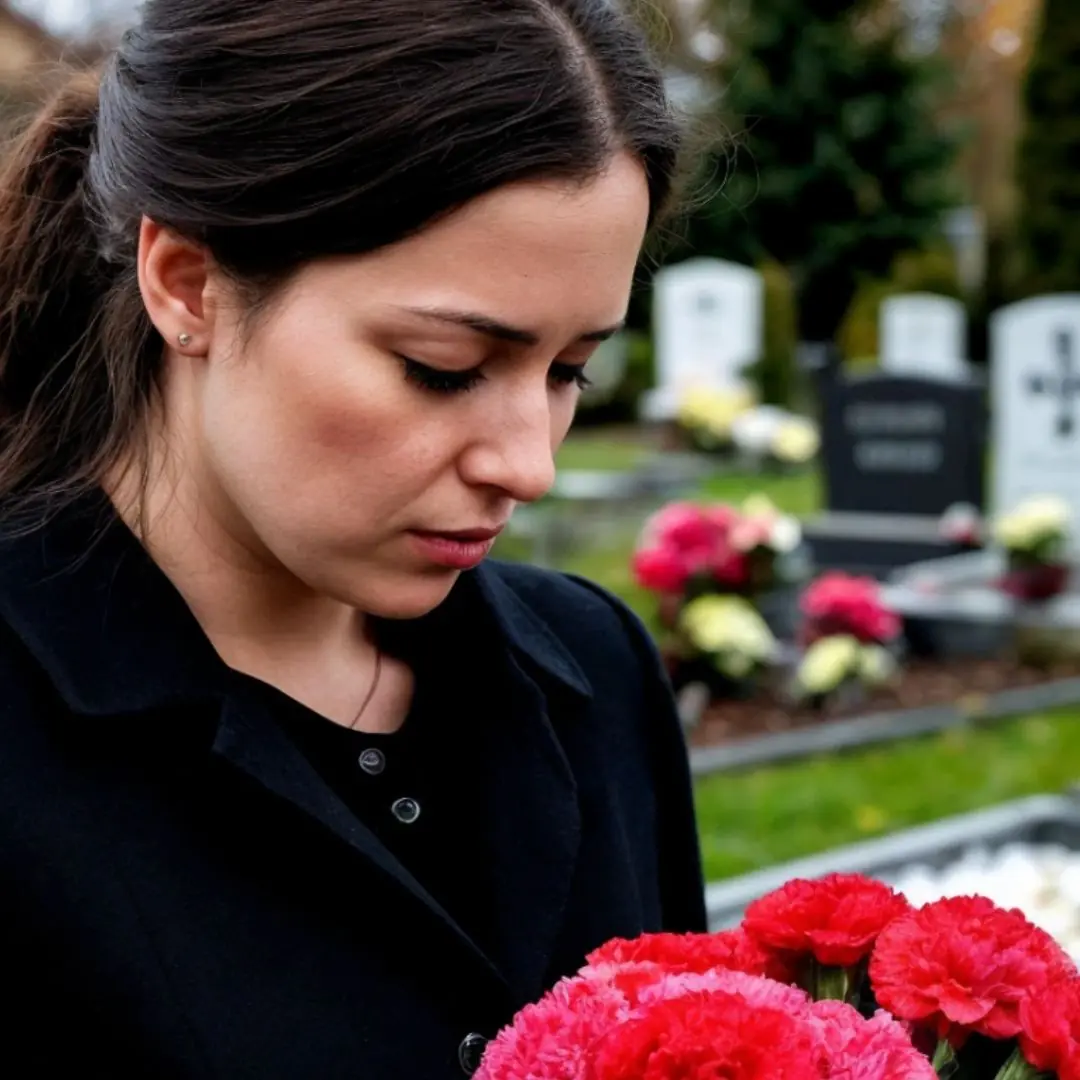
After my daughter’s funeral, I accidentally overheard a conversation of my fiancé. At that moment, I realized: not a single second can be wasted
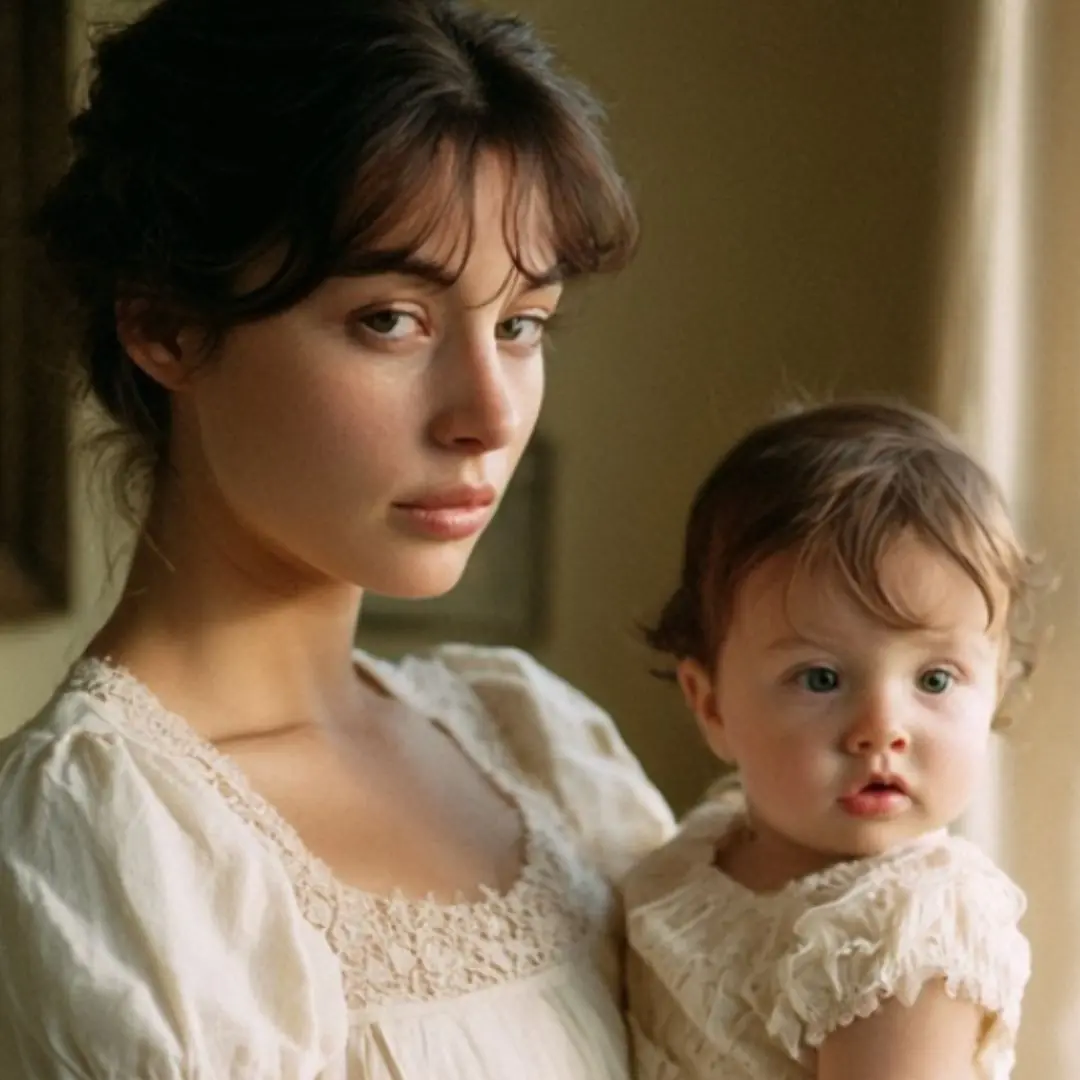
My son is divorcing you, so pack your things—take your daughter’s too—and vacate the room,” the mother-in-law said coldly to her daughter-in-law
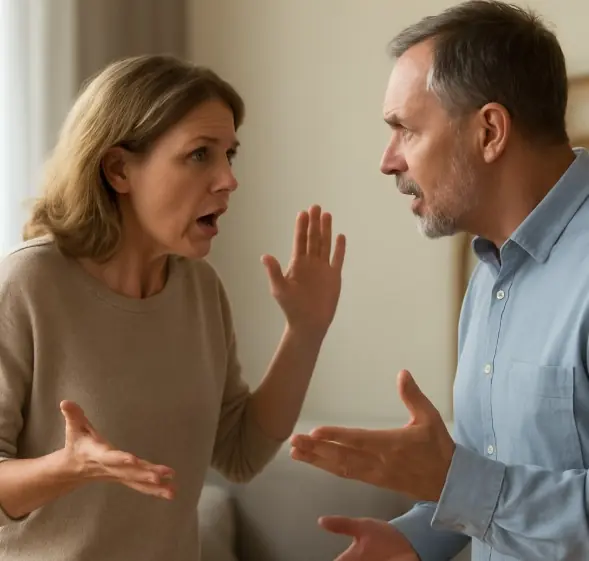
I came to apologize, to talk calmly, and you… You’re hysterical,” the man said

“I’ve found someone else. Pack your stuff and get out of my apartment,” the husband declared, but the wife only laughed
News Post

For a bet, the Fat Man marries the Chubby Girl, and on their wedding day, she surprises him with a twist

Five Tough Bikers Mock a 90-Year-Old Veteran — Moments Later, the Ground Shook from the Motorcycles

I took care of my sick neighbor for years, but after her passing, the police knocked on my door

Marina set up a hidden camera in the bedroom while on business trip—what she discovered was unbelievable

My four children opposed my marriage—when I found out why, my heart shattered

Husky melts hearts hugging baby sister while they sleep

Mom Stifles Laughter As Little Boy Shows Off “Very Cute Animal” He Found

“Where’s the money? Where did you hide it?” Lev screamed. “The operation won’t help you anymore. You won’t get better! But mom needs to go on vacation.”

My mother is threatening to take our apartment away if we don’t let her come to the dacha,” my husband confessed to me, and I got seriously angry
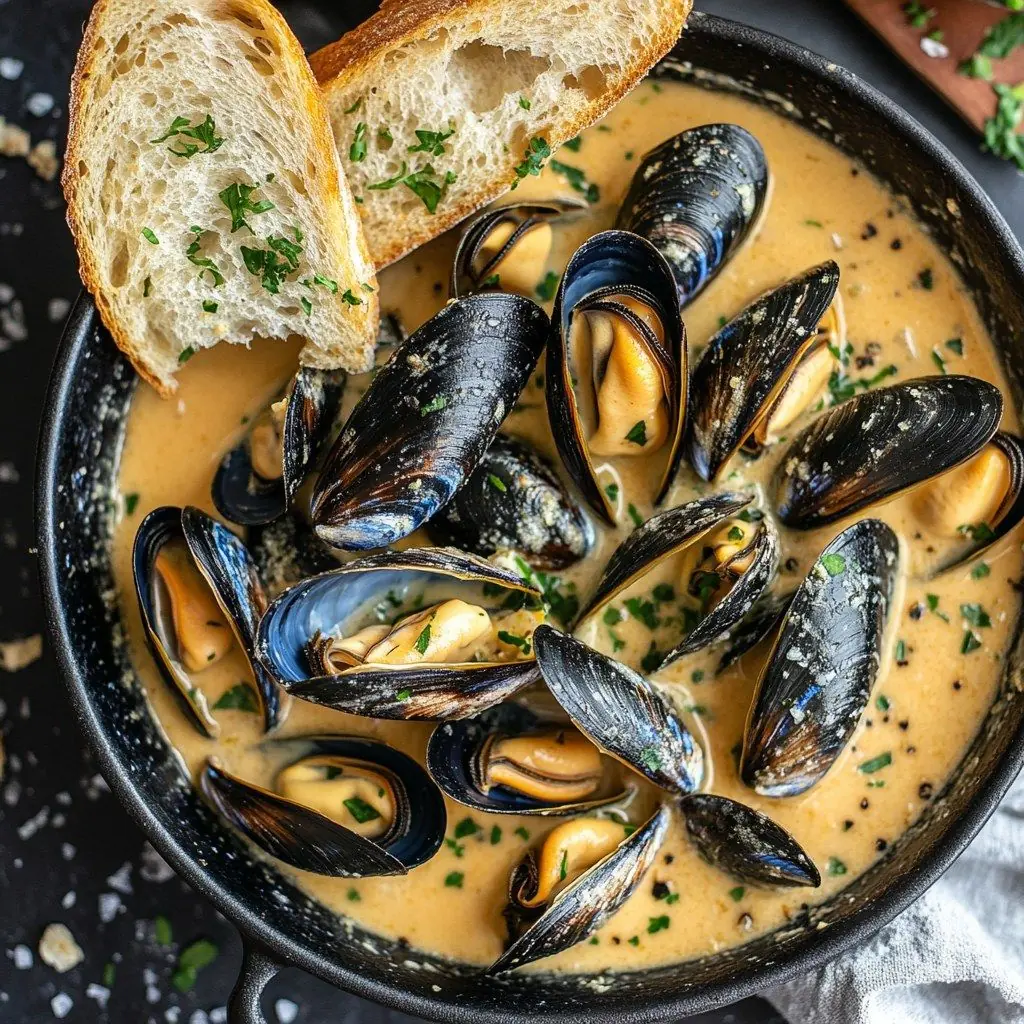
Creamy Garlic Butter Mussels in White Wine Sauce

Cheese-Stuffed Mushroom Chicken Breast (Restaurant-Style)

The Flan That Melts Your Heart
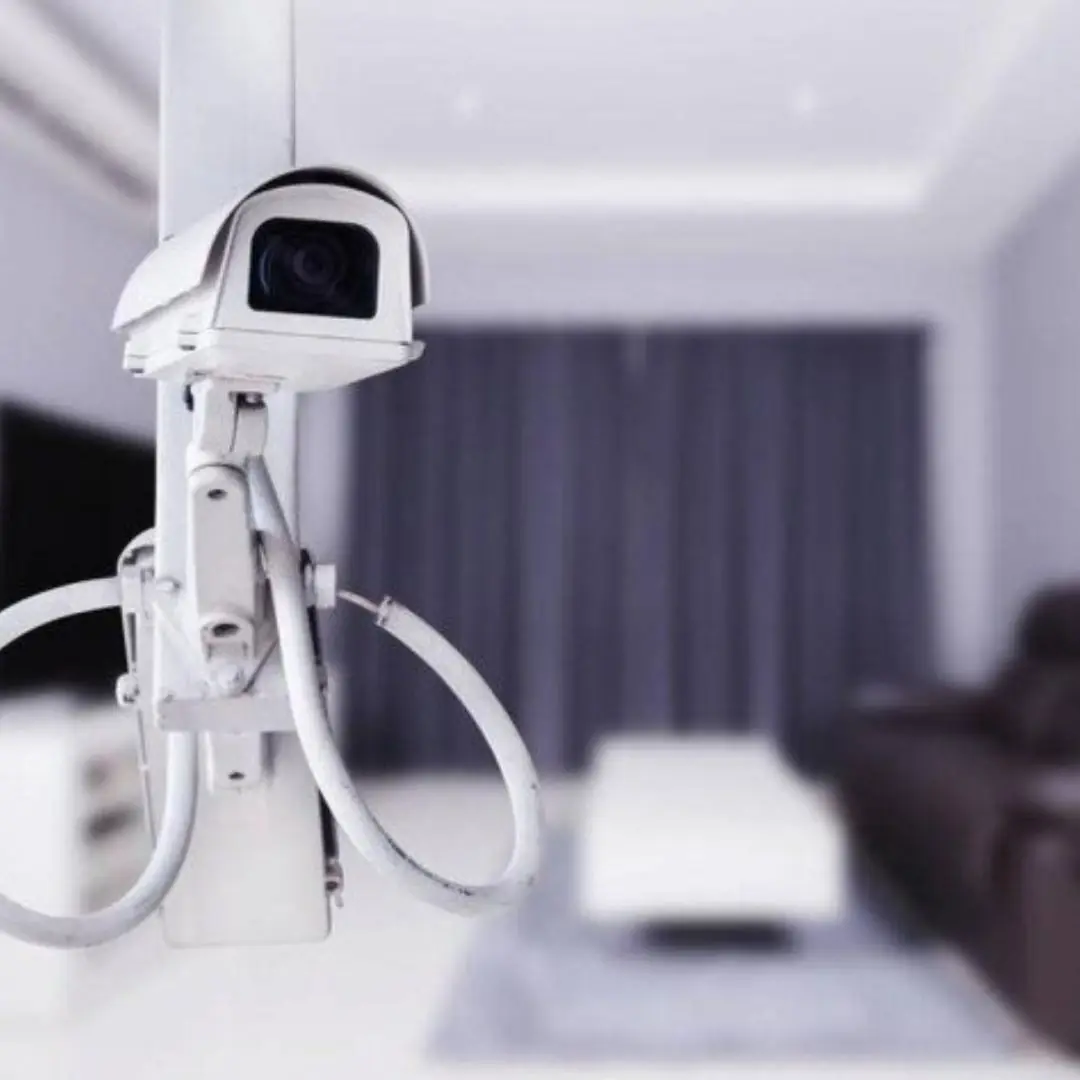
Why shouldn't I install surveillance cameras in my home?

Coconut Pineapple Banana Bread
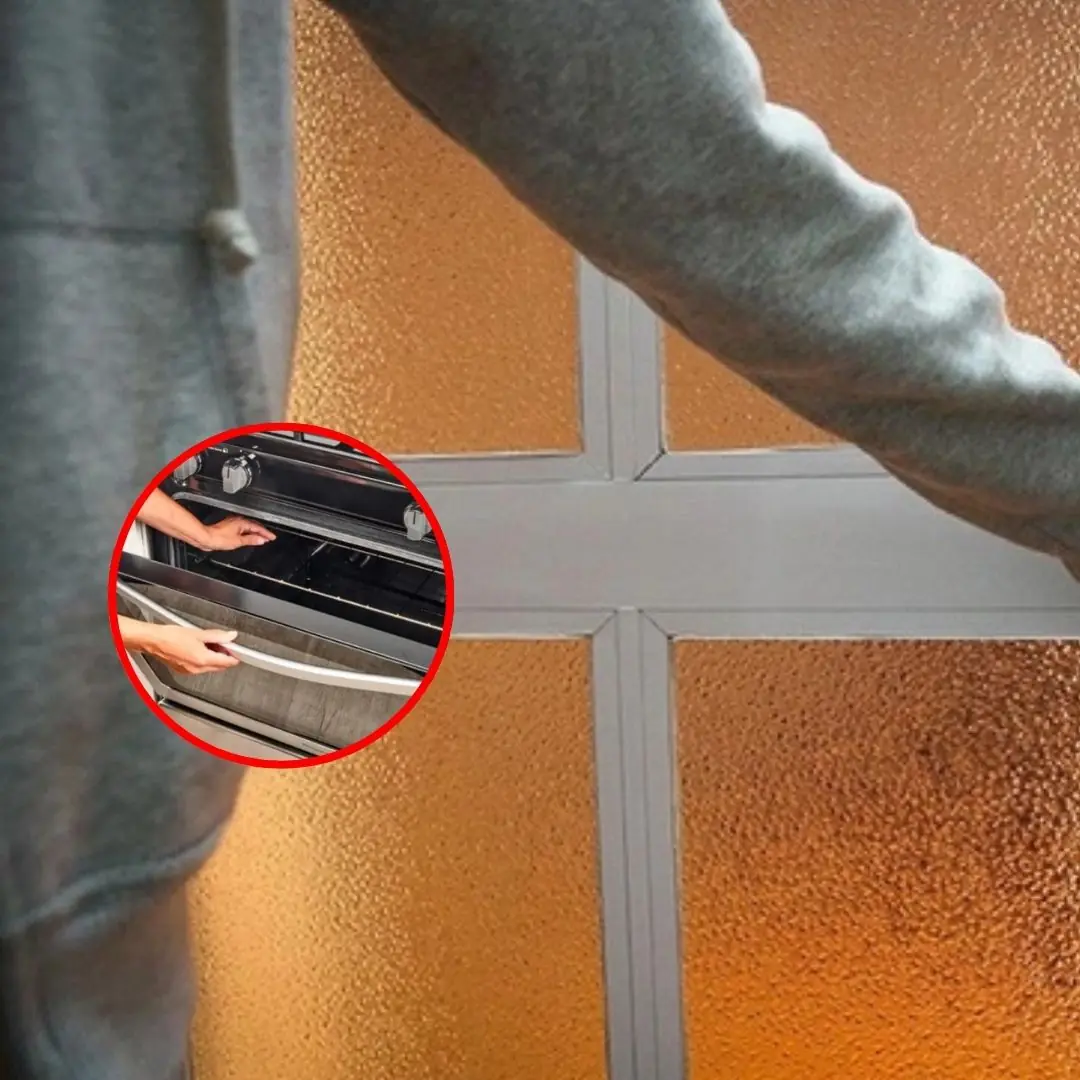
Winter is coming, no need to buy a heater, the house is still warm thanks to this, homeowners save 50% on electricity bills every month
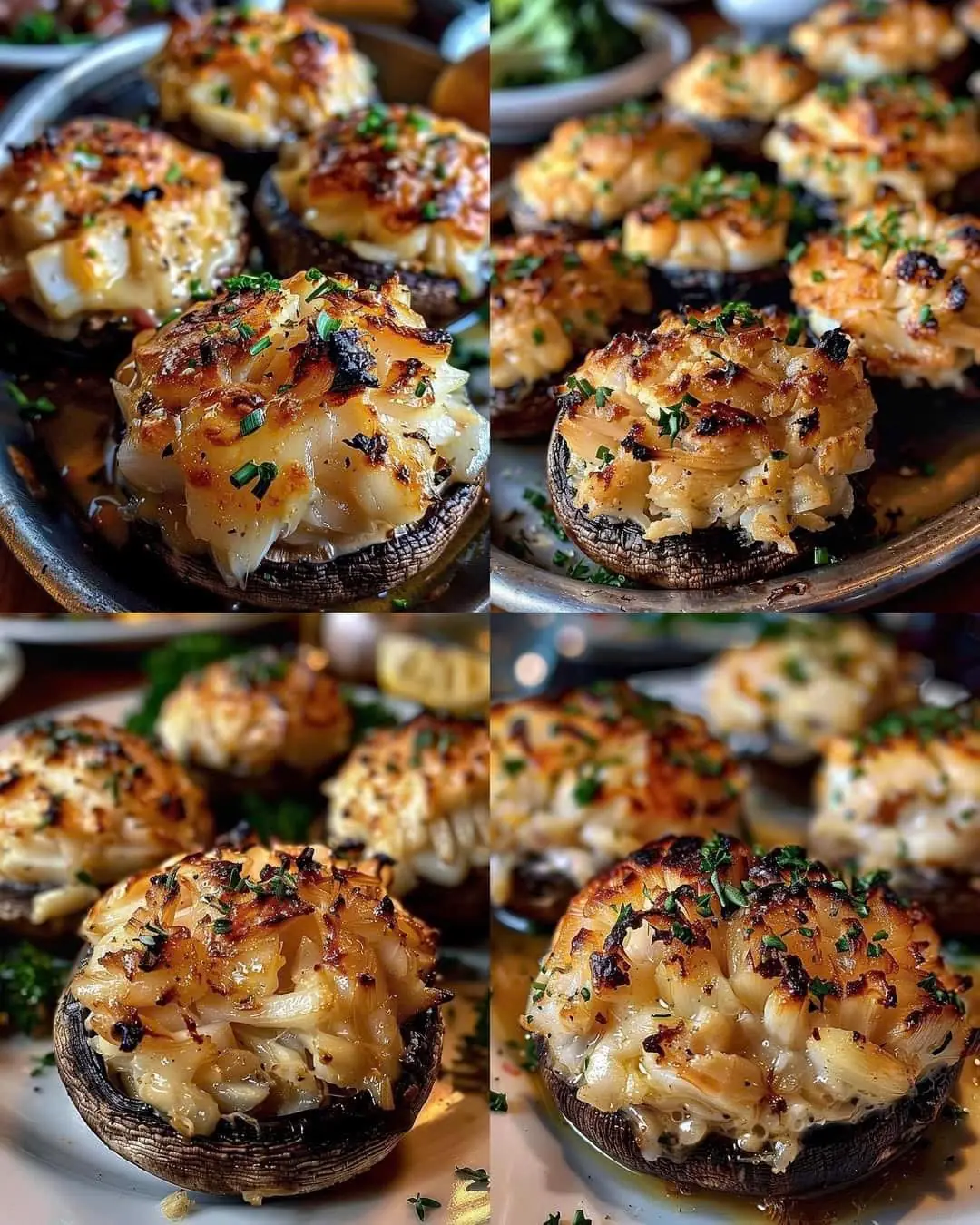
Cranberry & Spinach Stuffed Chicken Breasts with Brie — An Elegant, Flavorful Dish for Home Cooking

I Married My College Sweetheart—Then Found Out He Was Still In Love With My Sister

Panna Cotta with Raspberry Sauce
